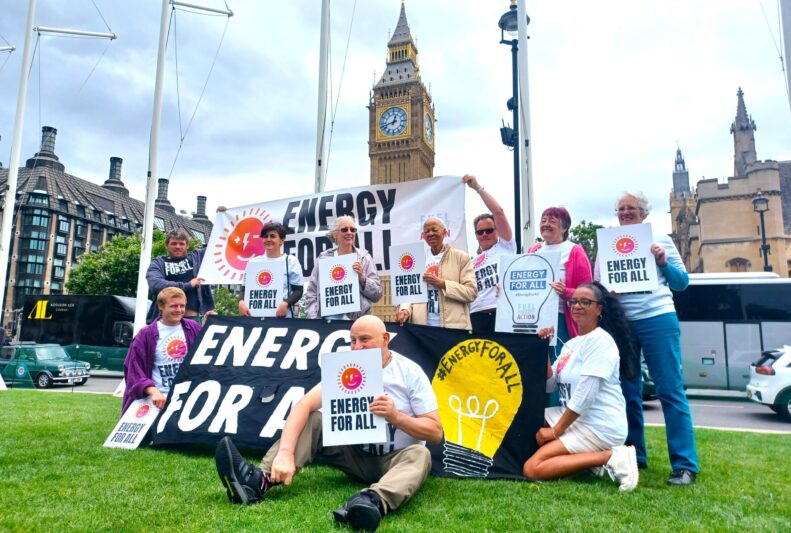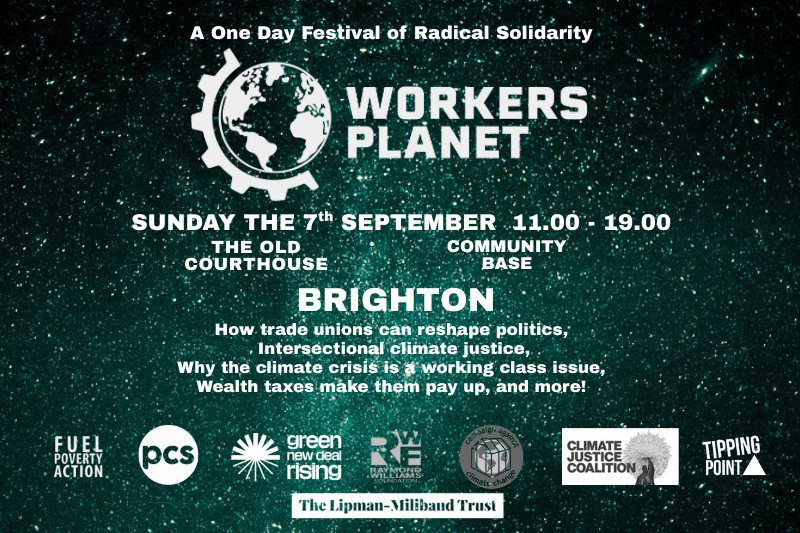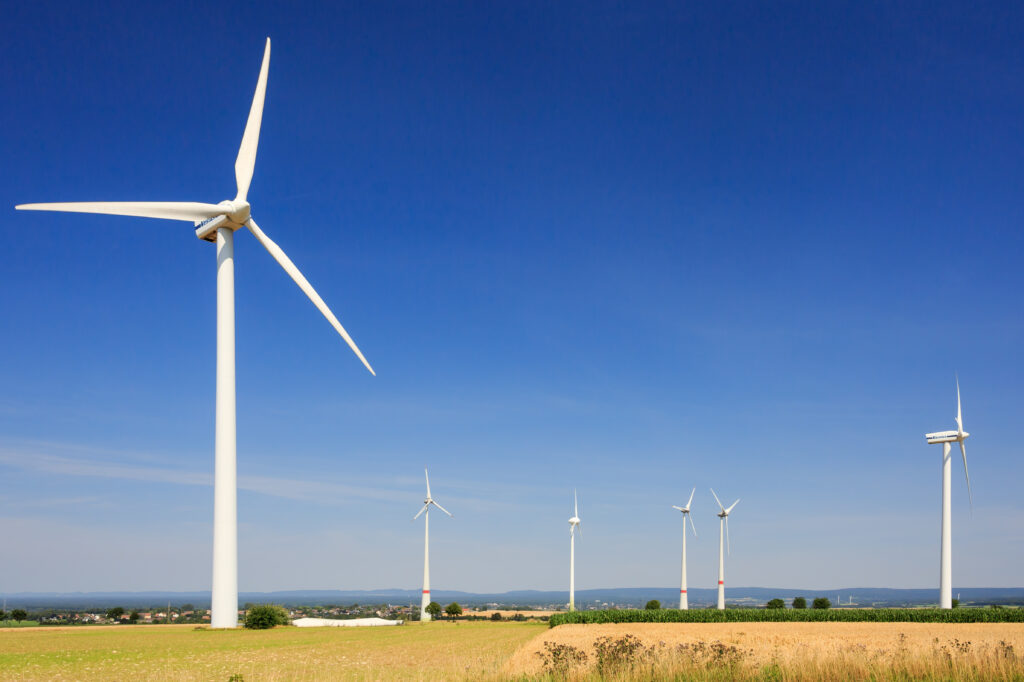Fighting fuel poverty and climate destruction

Ending Fuel Poverty
We campaign for energy justice, and propose a solution: Energy For All.

About Fuel Poverty
Our energy system is rigged and fuel poverty is on the rise. But we can fight back.
Ofgem is failing us
Ofgem’s duty is to protect consumers. Instead, it’s protecting healthy profits for energy firms and lining shareholder pockets.

The Energy Pricing Revolution
We are all entitled to energy for heating, washing, lighting, cooking, connectivity, and medical needs. Let’s get the money back from the fossil fuel giants who are profiting from our unpayable bills!
What
Energy For All will give every household the essential energy they need to stay safe and well, for free. Higher amounts will be given to those in greater need due to age, health, disability, children or leaky housing. No unfair standing charges or prepayments. Not cut off when money is tight. And leaky homes upgraded.
Why
The UK is a wealthy nation, but millions are suffering from fuel starvation and forced to live in cold damp homes. Existing support is clearly inadequate and being further reduced. We need a real safety net that people don’t fall through. And pricing that is not upside-down, with poorer people forced to pay more per unit than the wealthy.
How
The money needed to give us all energy security can come from the grotesque profits being made by fossil fuel companies enjoying artificially inflated prices. And from higher tariffs for extravagant, wasteful use of energy. Our government is subsidising fossil fuels with millions of pounds every day. Fuel Poverty Action started the Energy For All campaign to end these injustices for good.
Fuel Poverty Voices
We can support your to share your experience of being ripped off by energy companies and failed by the government
Fuel Poverty Action is doing essential work. It is a pleasure volunteering for them and joining the national community
Chris Hay, Consultant Geriatrician and FPA member
Fuel Poverty Updates
Our latest blogs, updates, events, and press releases.
 Read article: October 1st: Labour Conference Protest!
Read article: October 1st: Labour Conference Protest!
October 1st: Labour Conference Protest!
Join us to demand Energy For All NOW. On October 1st, energy bills are predicted to rise again… the same day the Labour Party concludes its conference in Liverpool.
 Read article: Winter Fuel Payments – has Labour’s rethink gone far enough?
Read article: Winter Fuel Payments – has Labour’s rethink gone far enough?
Winter Fuel Payments – has Labour’s rethink gone far enough?
Pam Flynn, Chair of the North West Pensioners Association, takes a closer look at Labour’s partial U-turn on means testing Winter Fuel Payments.
Read more about Winter Fuel Payments – has Labour’s rethink gone far enough?
 Read article: Unions counter far-right climate lies
Read article: Unions counter far-right climate lies
Unions counter far-right climate lies
Trade unionists and climate campaigners issue urgent call to tackle climate misinformation and the far right






